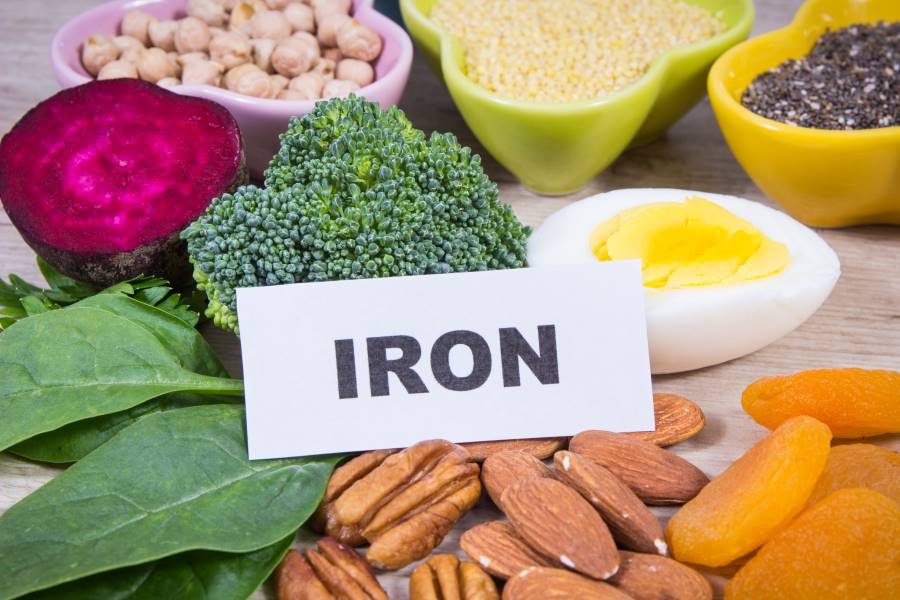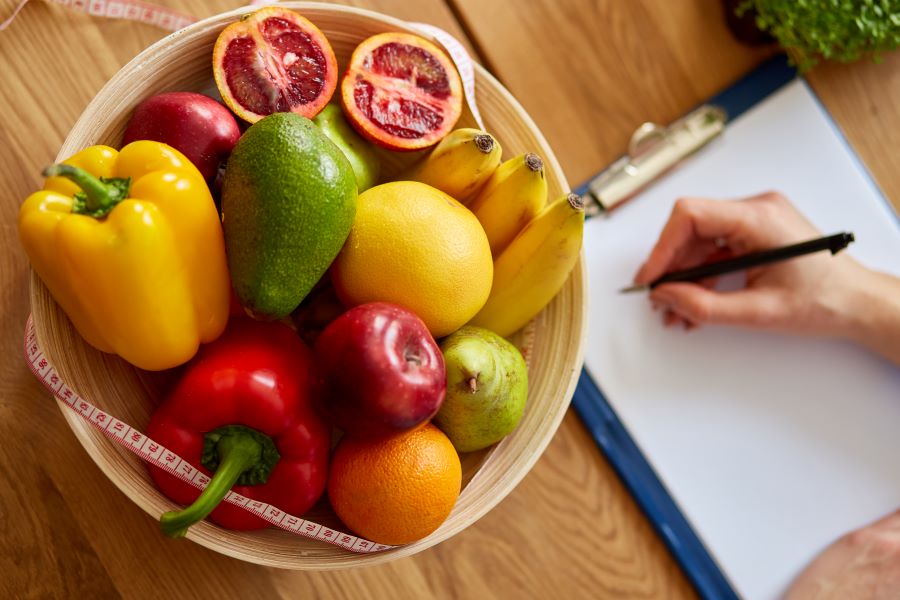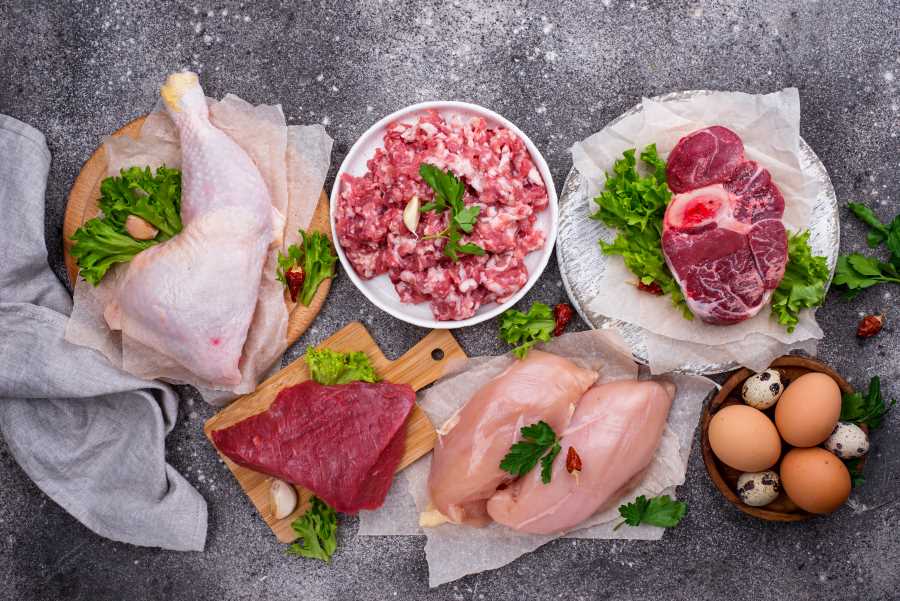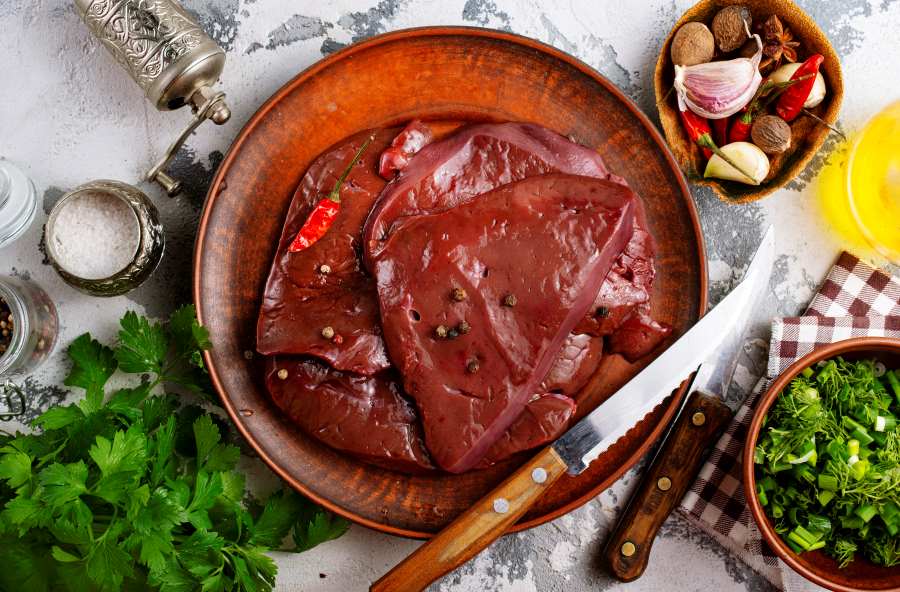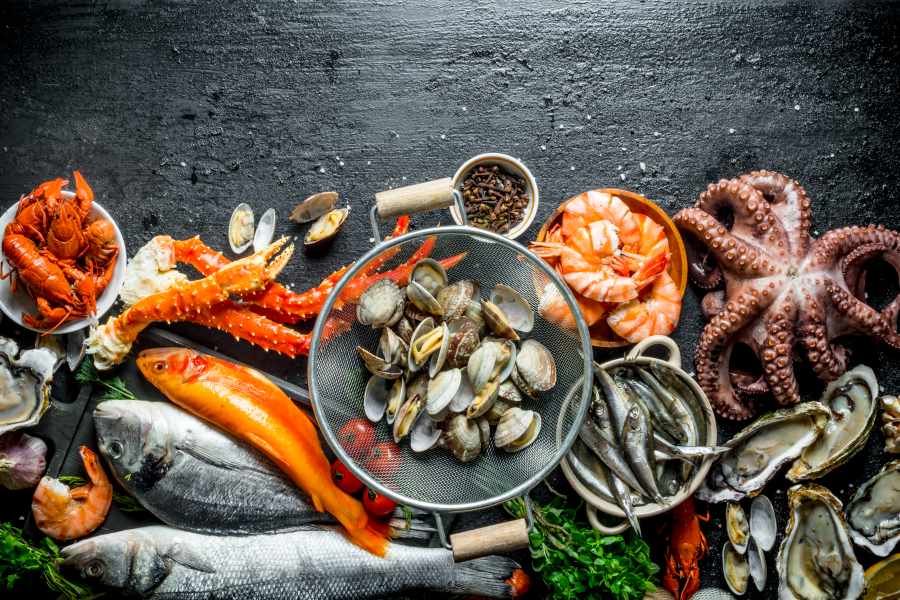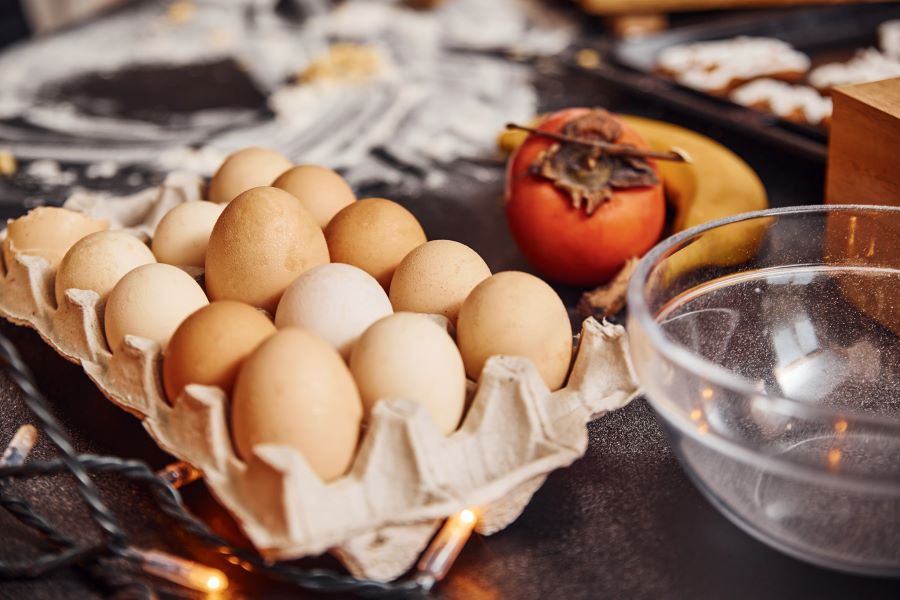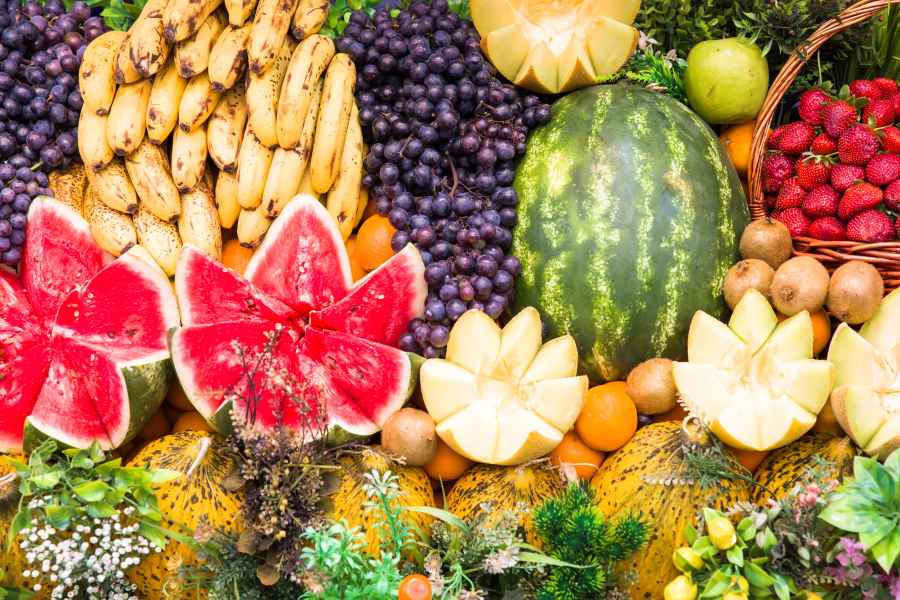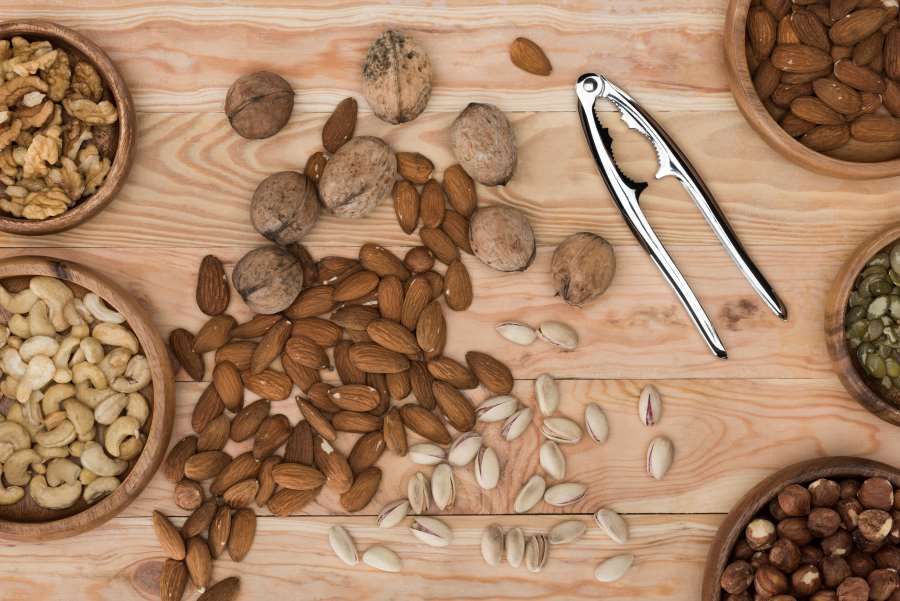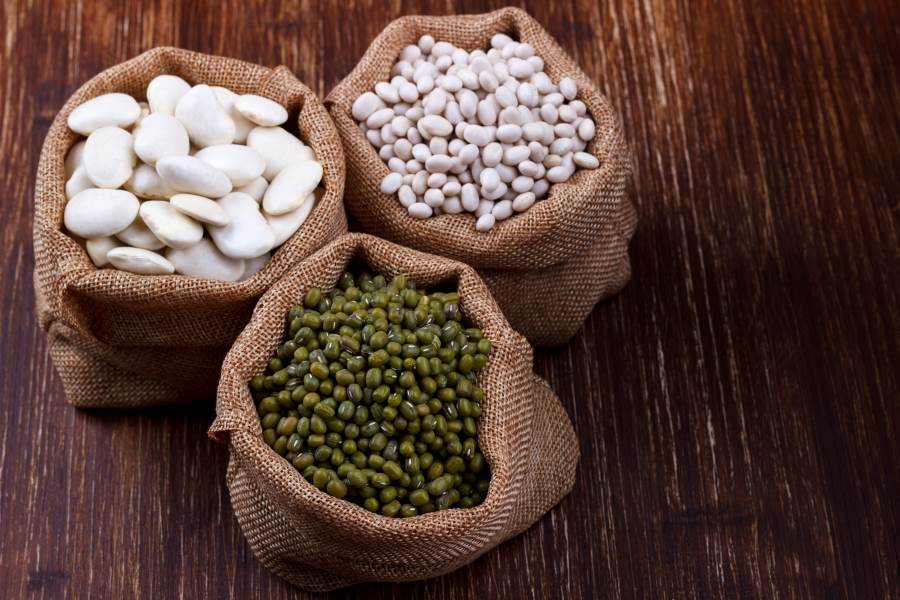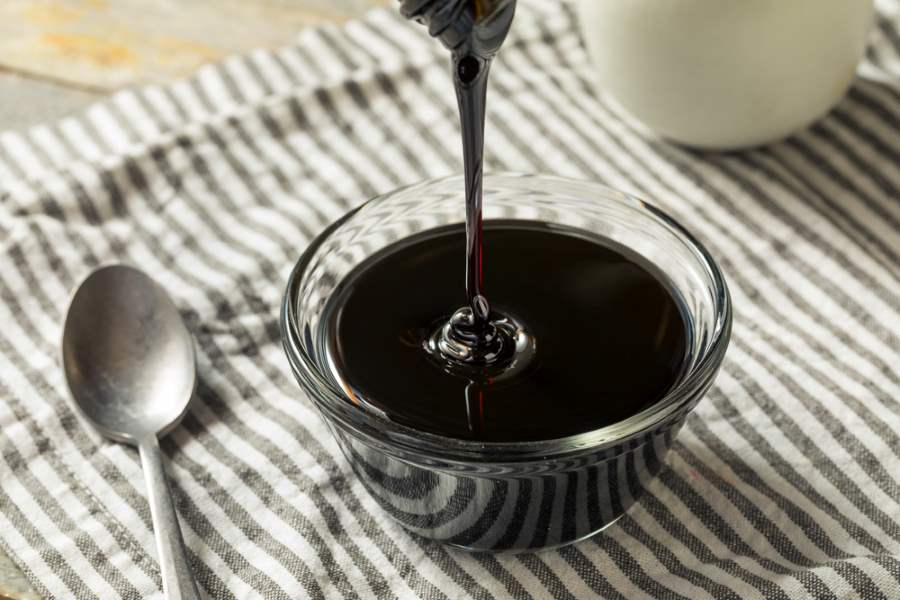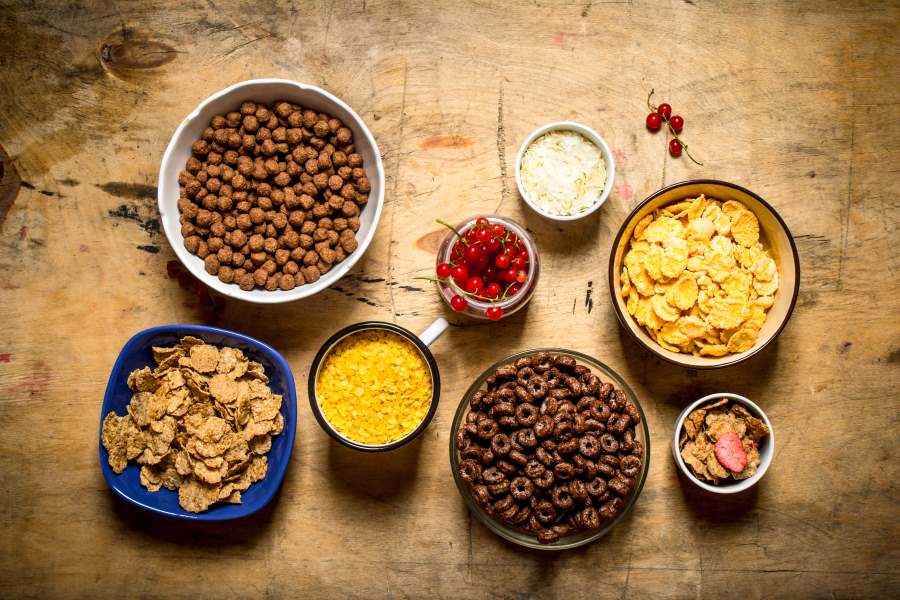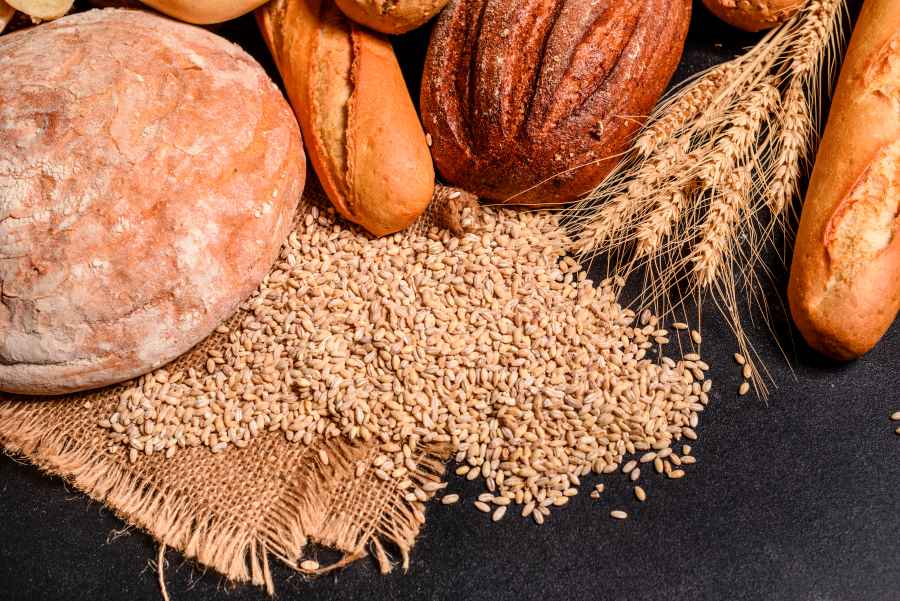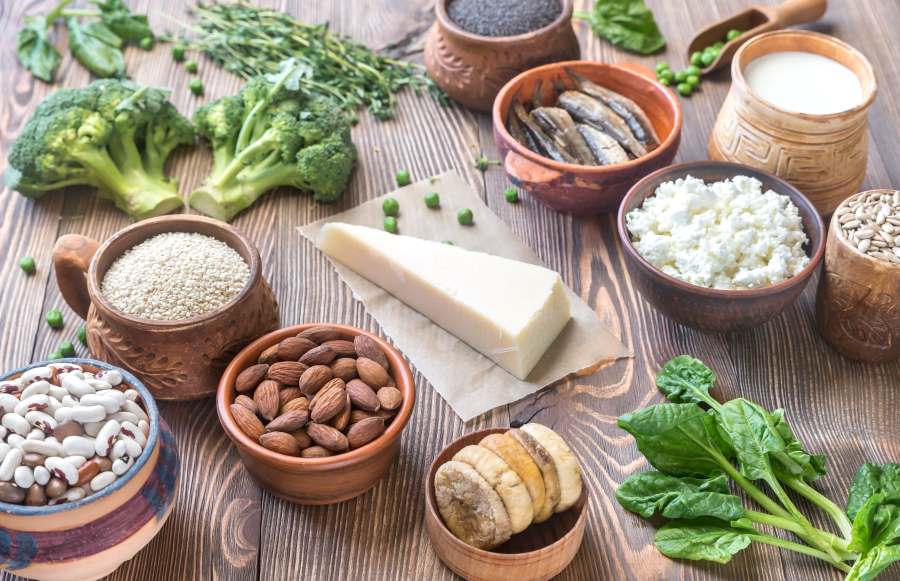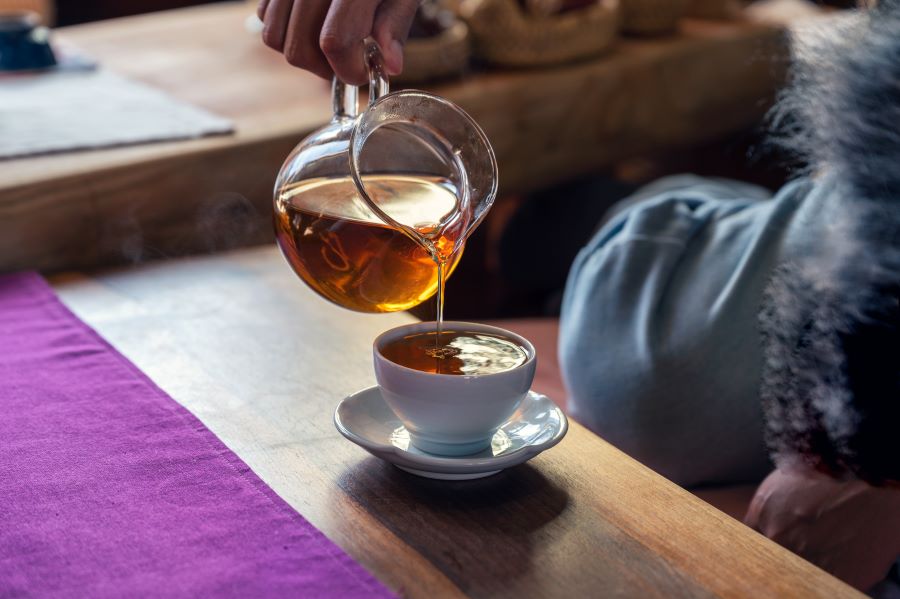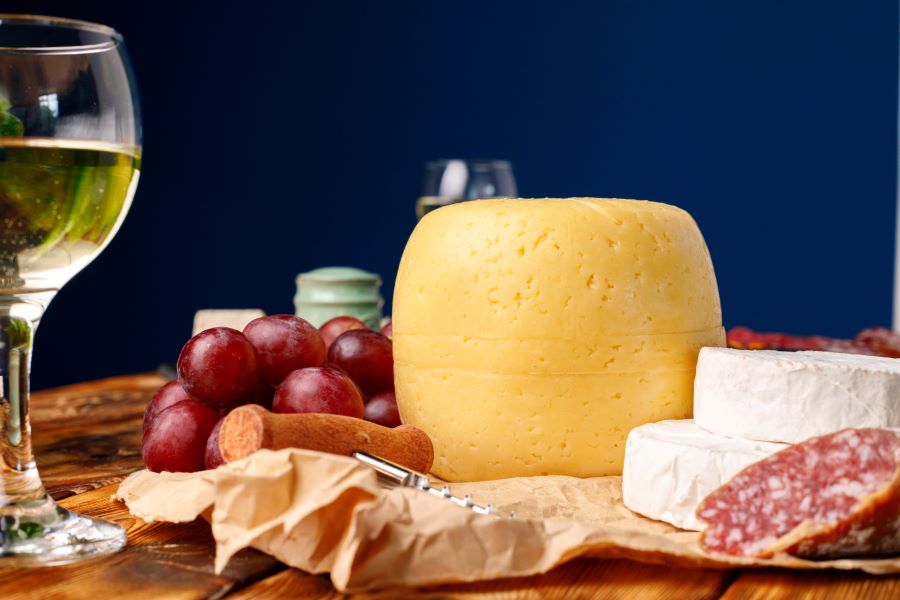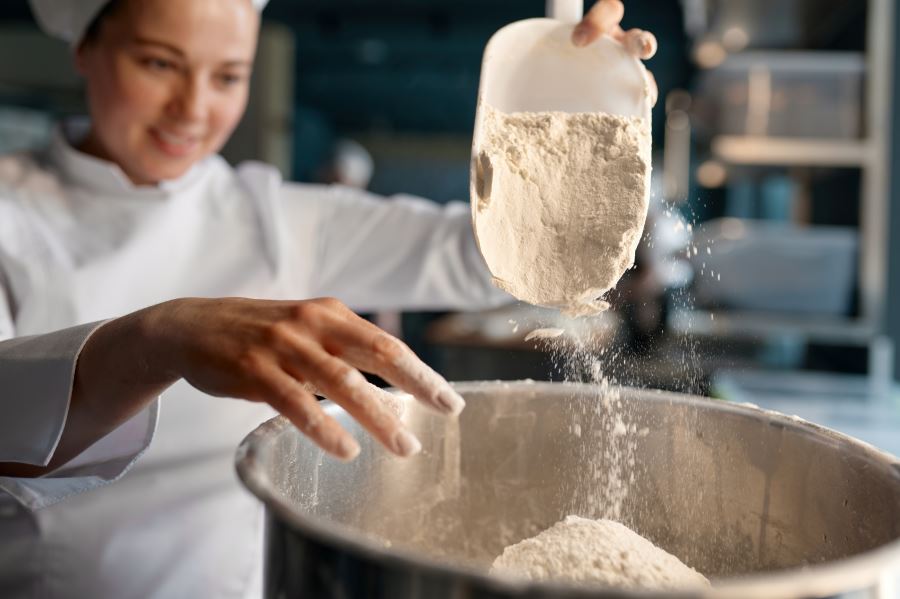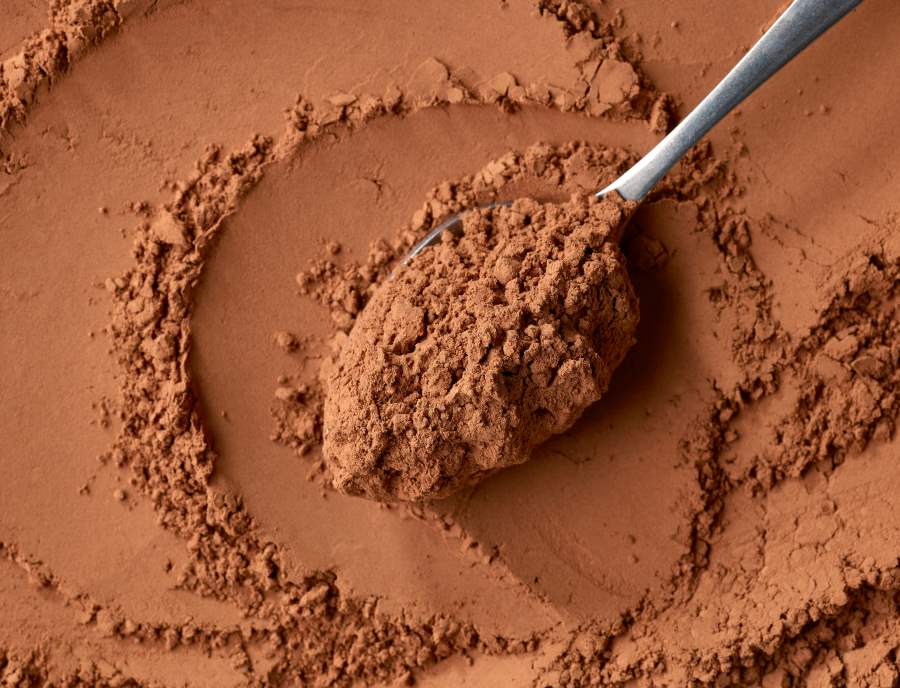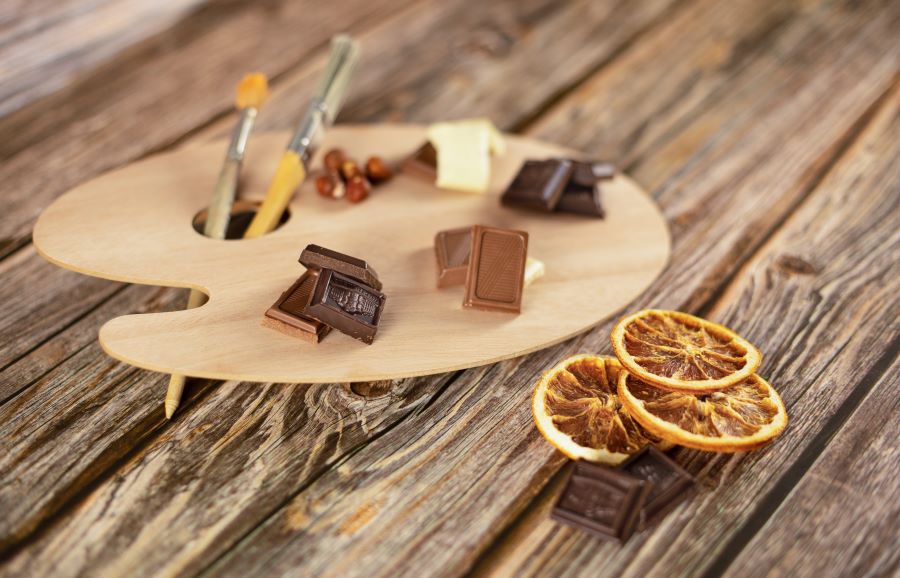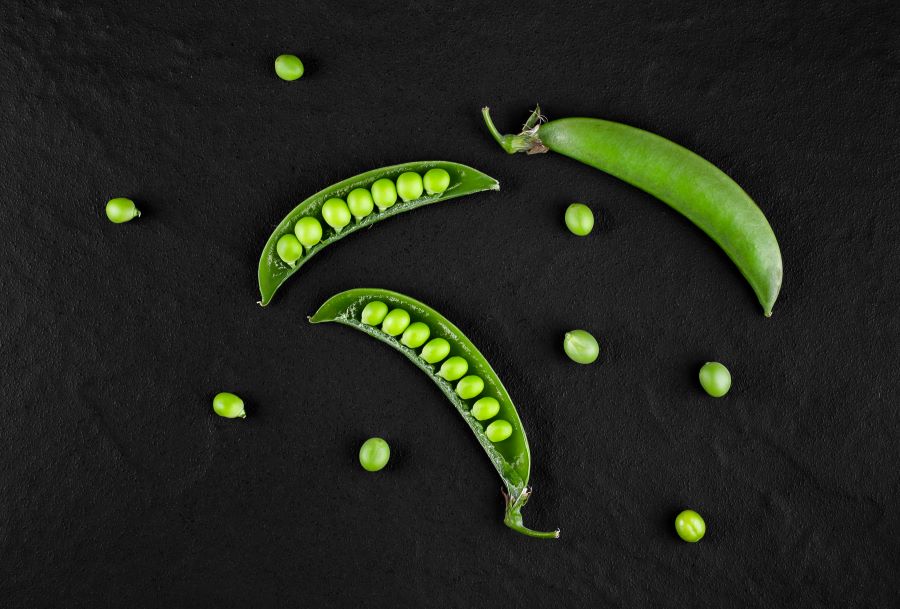According to medical experts, many individuals, especially women, children, and patients with long-term diseases, sometimes also suffer from anaemia. To combat the side effects of this deficiency, one should incorporate the following food items into his/her daily diet:
1. Meat and Poultry
All meat and poultry items are rich in iron, especially red meat. Therefore, if an anaemic individual eats red meats like lamb, chicken, goat meat, or duck meat combined with citrus fruits and leafy greens, the individual's body will be able to absorb the iron better. Moreover, incorporating meats into the daily diet is relatively easy.
If you are a person with iron deficiency, you can easily toss in some lean cuts of chicken into your salad or steamed rice with veggies, and you will get the daily requirement of iron.
2. Liver
Most people shy away from organ meat, but the liver is an excellent iron-rich food for anaemic patients. You can try eating both chicken and goat liver for your daily iron requirements. Other than being rich in iron, liver meats and other organ meats are also rich in folate.
Though many people try to stay away from organ meat, liver meat is both tasty and healthy in moderation. Cook it with some tomatoes, garlic and onion, and you wouldn't even notice that you are consuming organ meat.
3. Seafood
Seafood is a popular source of iron, and most fishes are also rich in omega-3. Omega-3 fatty acids boost one’s heart health. According to some studies, fishes like mackerel, tuna, and haddock contain massive amounts of iron.
The omega-3 also strengthens the organs which do not receive much oxygen in an anaemic patient's body. So as an anaemic patient, you need to include seafood and fish like oysters, sardines, salmon and Mahi Mahi at least once or twice a week.
4. Eggs
Eggs are enriched with protein but contain a high amount of iron. They have low levels of saturated fats and contain Vitamin A, Vitamin D and choline, a nutrient that helps in the brain’s development.
Eggs are the most versatile food items on the planet. You can eat them for breakfast, lunch, dinner, or even as a snack. You can have them for breakfast, add them to your salad or in a sandwich.
5. Fruits & Vegetables
Patients suffering from iron deficiency anaemia are suggested to consume a lot of vegetables and fruits. Leafy greens, incredibly dark leafy greens, are enriched with nonheme iron. These green leafy vegetables include:
- Collard greens
- Kale
- Spinach
- Dandelion greens
- Swiss chard
Other than these, some other fruits and vegetables are high in iron, such as:
- Red and Yellow Bell Peppers
- Lemon
- Oranges
- Key Lime
- Water Cress
- Strawberries
- Beet Greens
- Sweet Potatoes
6. Nuts & Seeds
Experts say that nuts and seeds are some of the most nutrient-dense foods that are easy to consume regularly. For instance, if an anaemic patient eats 28 gm of pistachios daily, the individual will quickly get 6.1% iron, which is the daily requirement for any average individual.
Trying incorporating nut seeds in your meals, such as:
- Walnuts
- Almonds
- Cashew
- Pistachio
- Hemp seeds
- Pumpkin seeds
- Sunflower seeds
- Peanuts
- Pine nuts
- Hazelnuts
7. Beans and Pulses
Lentils, beans and legumes have been termed superfoods in the last few years. This means that this food group can provide humans with more than one type of nutrient.
An average Indian's diet will contain some dishes that will include the following pulses and legumes:
- Black-eyed peas
- Kidney beans
- Red lentils
- Lima beans
- Chickpeas
- Soya beans
According to known facts, half a cup of lentils contains around 3.3 mg of iron. This percentage of iron content will make up 20% of the requirement for an average human body.
8. Blackstrap Molasses
Blackstrap molasses contains various nutrients like iron, selenium, magnesium, vitamin B6 and calcium. This ingredient is excellent for anaemic patients suffering from severe iron deficiency.
Furthermore, the other vital nutrients present in this molasses will also strengthen the body of the person suffering from anaemia. One can drizzle Blackstrap molasses over his/her overnight oats or chia pudding or even use it as a honey substitute.
9. Fortified Food
Fortified foods are those food items where the manufacturer adds additional iron to the various food ingredients. Such foods include:
- Fortified fruit juice
- Fortified rice
- Fortified readymade cereals
- Fortified pasta
People who find it difficult to consume food items that naturally contain iron may eat these fortified foods for their daily intake. Furthermore, if you are a vegetarian or vegan, you should also consider incorporating fortified food items in your meals.
10. Whole Grains
Fortified pasta and rice are good options for getting your adequate daily iron intake, but there are also natural sources of iron in grains. It would be best to try consuming whole grains because they are rich in iron. Some of these grains include:
- Quinoa
- Whole wheat
- Teff
- Kamut









